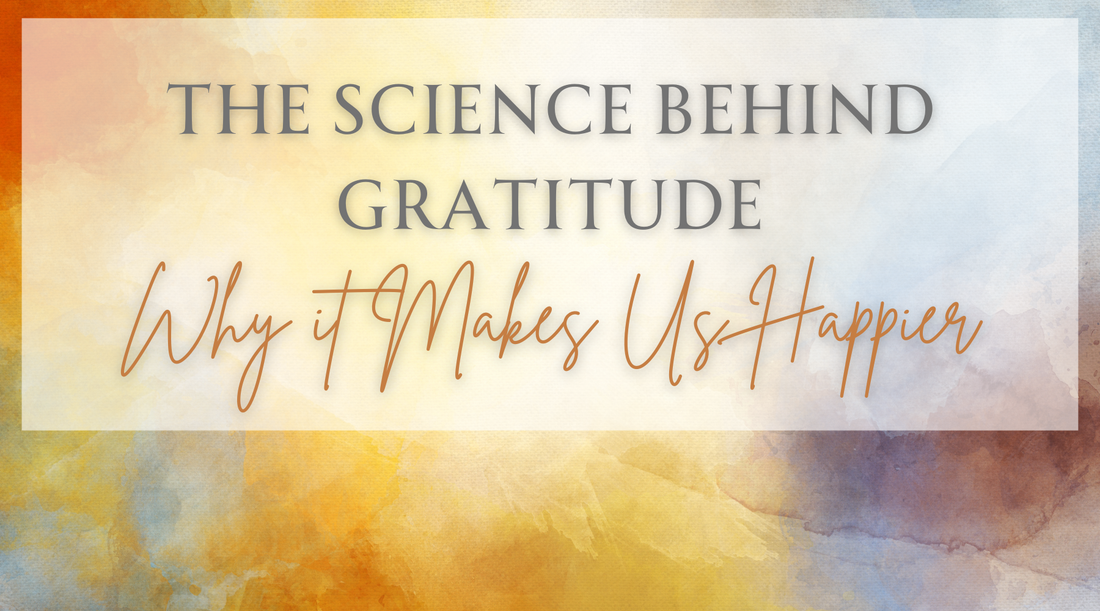
The Science Behind Gratitude: Why It Makes Us Happier
Have you ever paused to appreciate the little things in life? Maybe it's a warm cup of coffee on a chilly morning, the sound of your child's laughter, or a simple act of kindness from a stranger.
These moments, often overlooked in the hustle and bustle of our daily lives, hold the key to a happier, more fulfilling life. And it's not just anecdotal; science backs it up.
The Neurological Magic of Gratitude
Our brains are wired for negativity. This "negativity bias" is an evolutionary trait that helped our ancestors survive by quickly identifying threats. However, in modern times, this bias can keep us trapped in a cycle of worry and dissatisfaction.
Gratitude acts as a powerful antidote to this negativity bias. When we express gratitude, our brains release dopamine and serotonin, the "feel-good" neurotransmitters.
These chemicals flood our system, creating a sense of happiness, contentment, and well-being. Over time, practicing gratitude can actually rewire our brains, making us more attuned to positive experiences and less reactive to negative ones.
The Emotional Benefits of Gratitude
Gratitude doesn't just make us feel good in the moment. It also has lasting emotional benefits. Studies have shown that people who practice gratitude regularly experience:
-
Reduced stress and anxiety: Gratitude helps us shift our focus from what's wrong to what's right, calming our nervous system and reducing feelings of stress and anxiety.
-
Improved mood and resilience: Gratitude helps us develop a more positive outlook on life, making us more resilient in the face of challenges.
-
Increased self-esteem: Gratitude helps us appreciate our own strengths and accomplishments, boosting our self-worth.
-
Stronger relationships: Gratitude fosters feelings of connection and appreciation, strengthening our bonds with others.
Gratitude as a Daily Practice
Incorporating gratitude into your daily routine doesn't have to be complicated. Here are a few simple practices to get you started:
-
Keep a gratitude journal: Each day, take a few minutes to write down three things you're grateful for.
-
Express gratitude to others: Let the people in your life know how much you appreciate them.
-
Practice mindfulness: Pay attention to the present moment and savor the good things in your life.
-
Volunteer your time: Helping others is a powerful way to cultivate gratitude.
-
Start a gratitude jar: Write down things you're grateful for on slips of paper and put them in a jar. Revisit the jar when you need a reminder of all the good in your life.
Gratitude is a journey, not a destination. Some days, it may be easier to find things to be grateful for than others. Be kind to yourself, and don't give up. The more you practice gratitude, the more natural it will become.
